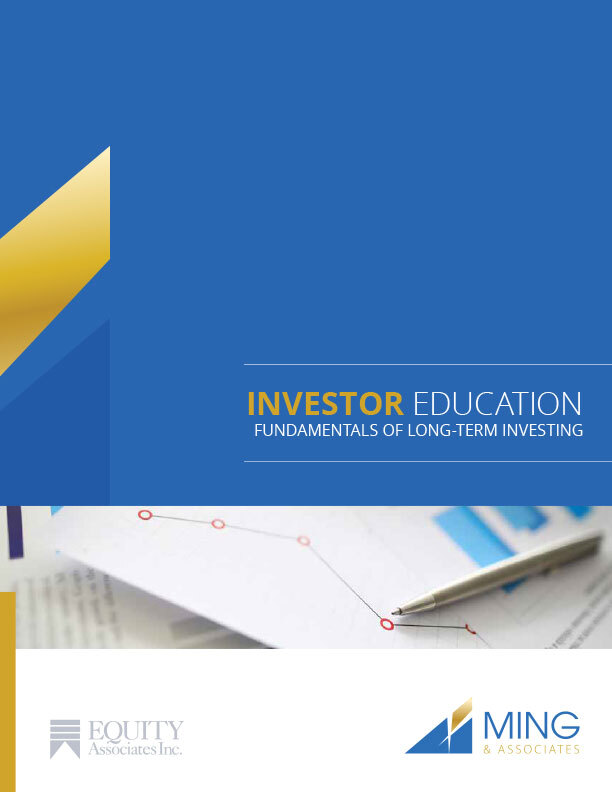A recent global survey of individual investors from Naxtis Investment Management surveyed over 8,000 investors from 24 countries to see how the pandemic affected their finances, health, and emotions. A key finding was that “despite the stress presented in the past 18 months, investors give reasons to be optimistic starting with expectations for future double-digit returns.”
Despite the economic impact of the pandemic, the sharp rebound of world stock markets in 2020 has increased the expectation gap of future returns. Investors’ future return expectations had been increasing steadily since the 2008 financial crisis, as we embarked on a decade of pleasing returns (as North Americans). The worrying part as financial advisors is that these expectations are now way out of whack with reality.
The survey found that Canadian investors expect 11.2% real returns (after inflation) moving forward, while US investors expect 17.5%. To show how staggering these expectations are, let’s look at the projected return assumptions published by FP Canada (governing body for Financial Planners in Canada) for use by financial professionals.
They project reasonable returns for Canadian equities (stocks) to be 6.2% and foreign equities between 6.6–7.8% per year as a target for your long-term financial plan.
This shows that there is a staggering expectation gap on returns among average investors. Mr. Batnick, the director of research at Ritholtz Wealth Management LLC, added some perspective saying, “The US stock market (measured by the S&P 500) has returned 10.4% over the long-term. The idea that we’re going to get 17% real return…is nothing short of absurd.” When you set your plan and expectations for these outcomes in a post-covid world, where we are dealing with rising taxes and managing debt, you will surely be disappointed.
If you’ve read our newsletters or blogs, you’ll notice we’re consistently speaking about managing emotions and investor behaviour. Our concern is that investors will begin to think they are comfortable taking on excess risk to achieve these returns. When we do incur inevitable market volatility, their resolve will be tested. A key component to becoming successful long-term investors is to set realistic expectations and manage your emotions to compound wealth over time.
